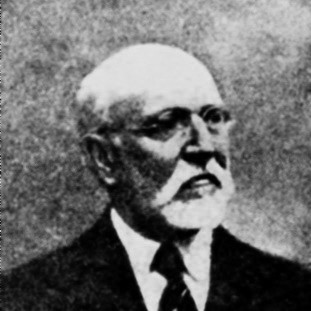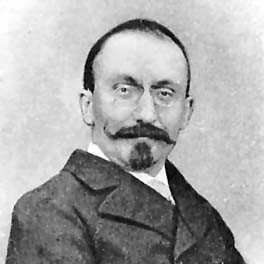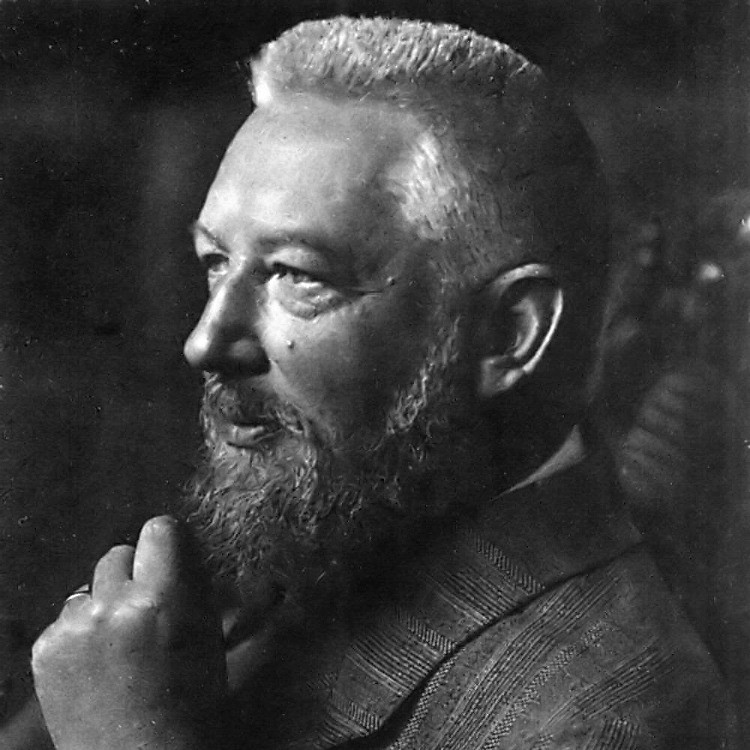Ido : a Modern Language (original) (raw)
Simplicity
No diacritics, facultative accusative, few exceptions. Pronunciation is coherent. One can learn all rules of Ido in just a few hours. Imagine!
Logicality
In Ido, the core of the words are the roots. To precise the sense provided by a root, one uses universal prefixes and suffixes, just like LEGO® bricks!
Internationality
The roots are based on the English, French, Italian, Russian and Spanish languages. Result: a language intelligible by millions in all continents!
Neutrality
Ido is unbiased. Words are by default neither masculine nor feminine. Are you small? Left-handed? Elderly? It is not “bad”!
Meet Ido speakers!
Learning Ido is so easy that you will be able to use it almost immediately.
Because it is easy and satisfying. Learning Ido is so easy that you will be able to use it almost immediately. In fact, learning an auxiliary language such as Ido requires only a very small portion of the time necessary to learn a natural language such as English.
Because learning an international language will help you learn and understand other languages. In fact, studies have shown that learning an auxiliary language such as Ido is an effective way to introduce one to foreign languages.
Because communicating with people of other nationalities by the means of Ido will enrich you. Learning a foreign language incites one to leave one's own cultural zone and to explore other points of view. You will think differently!
Because learning a foreign language is fun. Learning a foreign language is like a journey: you will meet new acquaintances and you will discuss about various subjects! Maybe will you even find a new friend?
Richness
“Ethnic diversity adds richness to a society.”
— Gary Locke
Easiness
“Kind words can be short and easy to speak, but their echoes are truly endless.”
— Mother Theresa
Effectiveness
“Efficiency is doing things right; effectiveness is doing the right things.”
— Peter Drucker
Fun
“It's kind of fun to do the impossible.”
— Walt Disney

L. de Beaufront
Logician & Esperantist
Louis de Beaufront (1855—1935), whose real name was Louis Chevreux, was the first French Esperantist and one of the creators of the Ido language.

L. Couturat
Philosopher & Logician
Louis Couturat (17 January 1868 — 3 August 1914) was a French philosopher, logician, mathematician and linguist.

O. Jespersen
Professor of Linguistics
Jens Otto Harry Jespersen or Otto Jespersen (16 July 1860 — 30 April 1943) was a Danish linguist who specialized himself in the English grammar.

W. Ostwald
Nobel Prize in Chemistry
Friedrich Wilhelm Ostwald (2 September 1853 — 4 April 1932) was a Baltic German chemist who received the Nobel Prize in Chemistry 1909.